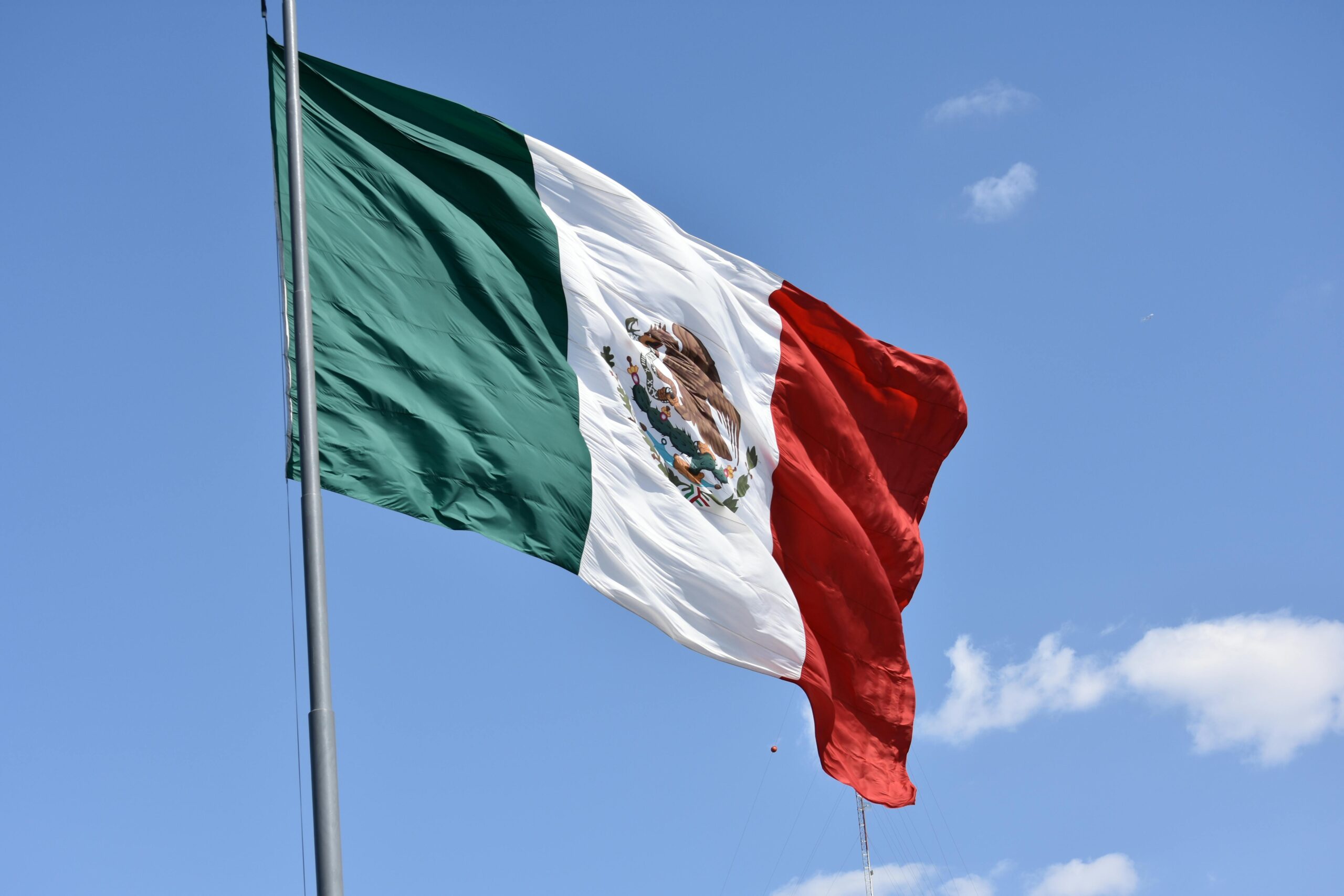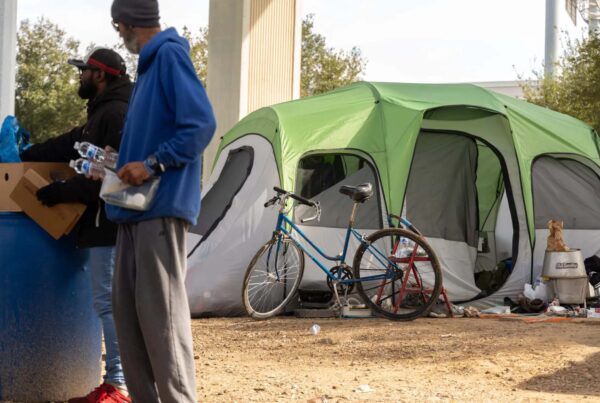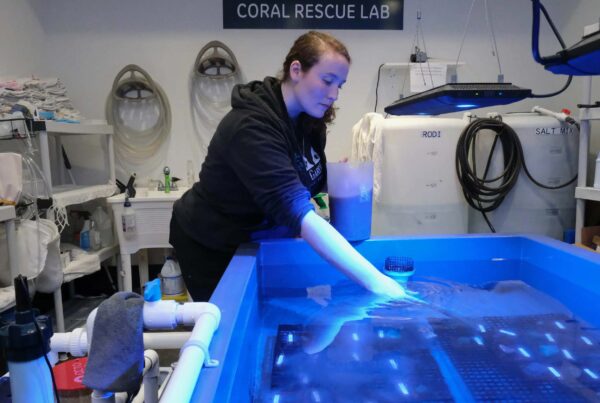2024 is a presidential election year not just in the U.S., but also in Mexico. Mexico elects a new president every six years, and for the first time ever, it will almost certainly be a woman.
Two women represent the major parties facing off in what is set to be an historic election. Mexicans are also voting to renew 500 deputies for their lower chamber of Congress, and the 128 members of the Senate.
30 states across the country are also holding elections for state and local offices, and for the first time in a national election, Mexico will allow residents living abroad to vote in person. Feb. 25 is the deadline for Mexican citizens to request a voter registration card abroad.
Dr. Richard Pineda is director of the Sam Donaldson Center for Communication Studies at the University of Texas – El Paso. He spoke with Texas Standard about this historic election and information for voters abroad. Listen to the interview above or read the transcript below.
This transcript has been edited lightly for clarity:
Texas Standard: Where can people request the voter card? Let’s begin with some stuff that might be applicable to listeners on this side of the border.
Richard Pineda: Well, it’s important for any Mexican national to connect with the Mexican consulate, or to the Mexican government website. They’ve done a fantastic job of laying out all the information.
Now, the deadline was just extended on Valentine’s Day, so the Mexicans abroad have until Feb. 25 now. But that means that you have to have a voter card, which you can get at one of these consulates.
And then you have three choices to engage with the voting process.You can do it by mail. The Mexican government has a fairly, complex and secure online system. As you mentioned in the lead in, you can now in-person vote at a number of consulates in the United States and in other countries. And so that expands the options for Mexicans abroad
I was curious about how that in-person thing works, but it’s at the consulate?
That’s right, but not every consulate. So, for example, we have a consulate here in El Paso. That is not one of the in-person voting sites. And so, on the INE website, they have a list of those consulates.
Now, it’s an interesting question, because we know from the last election that there was less than 1% of Mexicans abroad that actually voted in the Mexican election. And so this is, you know, again, an ongoing process to try to socialize and engage these Mexicans that have left the national borders to the election process in their home country.
In El Paso, where there are so many ties to Mexico with Juárez just across the border and everything, do you have a sense that there is a lot of expectation or are folks really following this election season closely? What’s your take on that?
I was just in Juárez yesterday afternoon, and it’s interesting to see the number of billboards and advertisements. Also, as you mentioned, the lead in this is it’s also a major election for Congress. And so I think in a place like Juárez, the state of Chihuahua, it seems like there’s more concern about the deputies that are going to go back to Mexico City.
I mean, I think there’s a palpable sense of excitement. You’ve got the two lead candidates that are women. That, I think, is going to change the dynamic politically in Mexico. I think it’s exciting to see, especially for observers in the United States, where we haven’t quite gotten to that point yet.
The lead candidate at this point, Claudia Sheinbaum, has education from the United States, I think is a little bit more sensitive to what’s going on north of the border. Xóchitl Gálvez, sort of the second major candidate, has a number of business interests across the border.
This is a decided difference from the [current president, Andrés Manuel López Obrador] AMLO administration. I mean, famously, AMLO does not speak English, will not engage with U.S. politics in the ways that I think a lot of people expect.
But I think you’re going to see some shift. The subtext of this is always going to be immigration. Mexico remains important because of its status as one of the largest trading partners of the United States. And so there’s an economic interest for whichever of these candidates comes out to rethink and to refine that relationship.
This is all tied into what’s going to happen in the United States to a certain extent, and whether or not the United States government – and especially Congress – are willing to play with the Mexican government in equal footing. So there’s a lot of questions that are still up in the air, I think.














